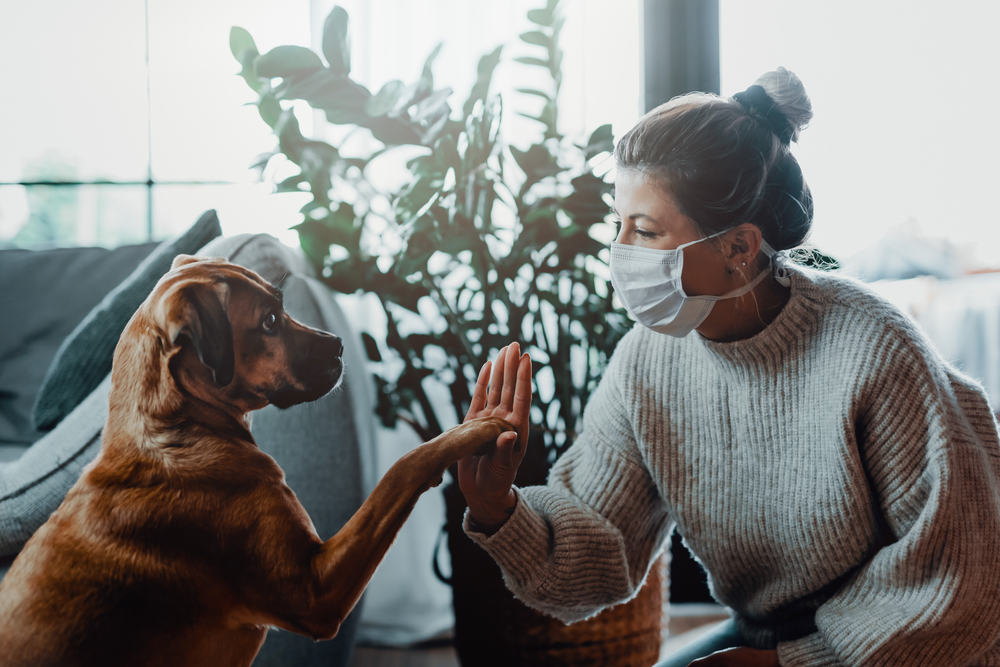
Protect Your Human and Furry Family Members from Zoonoses
Pets bring companionship, joy, protection, and entertainment. They keep us healthier, happier, and more active. However, understanding the potential risks (like zoonoses), along with the benefits, of pet ownership is essential for your household’s wellbeing.
What Is a Zoonosis?
Zoonotic diseases or zoonoses are diseases that can be transmitted from animals to humans. Different types of zoonoses, or illnesses that humans can contract from their pets, livestock, and wild animals include viruses, bacterial infections, fungal infections, and parasites.
Some zoonotic diseases have a significant symptomatic expression in humans while affecting non-humans very little. In people, different zoonoses cause symptoms ranging from mild to severely life-threatening.
How Common Are Zoonotic Diseases?
Zoonoses are surprisingly common. Some of the most well-known include the plague, bird flu, salmonella, rabies, E. coli, Ebola, and Zika. According to the CDC, about 60% of human diseases have a zoonotic origin and 3/4 of emerging or new diseases in humans come from animals.




How Do Zoonoses Spread Between Humans and Animals?
Zoonotic diseases are most commonly contracted when people and animals mix. They can be transmitted during outdoor recreational activities like swimming in a lake or by interacting with animals at a petting zoo, working with livestock on a farm, or playing with a parasite-infested pet.
Primarily, zoonoses are transmitted by direct contact with an infected animal, contact with a contaminated surface, through the bites of parasites (fleas, ticks, and mosquitos), by exposure to contaminated water, or by consuming raw or contaminated food.
Can the Novel Coronavirus Spread Between Humans and Animals?
While it’s suspected that novel coronavirus has a zoonotic origin, we still do not know from where it emerged. According to the CDC, a few cats, dogs, and other types of animals like tigers and ferrets have been infected with SARS-CoV-2 (the virus that causes COVID-19). Although the risk appears to be low, more research is needed to understand the exact risk of contraction and transmission between humans and animals.




Protect Yourself and Your Pets from Zoonoses
To protect your pets and your human family members from novel coronavirus and other zoonoses, practice proper social distancing, practice safe food handling procedures, wash your hands frequently, and disinfect household surfaces regularly. Provide your pets with vaccinations, parasite preventatives, keep them away from wildlife, and limit their exposure to pets from other households.
For more information about protecting pets from disease, contact Signature Veterinary Services in Carlsbad.





